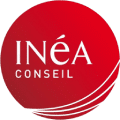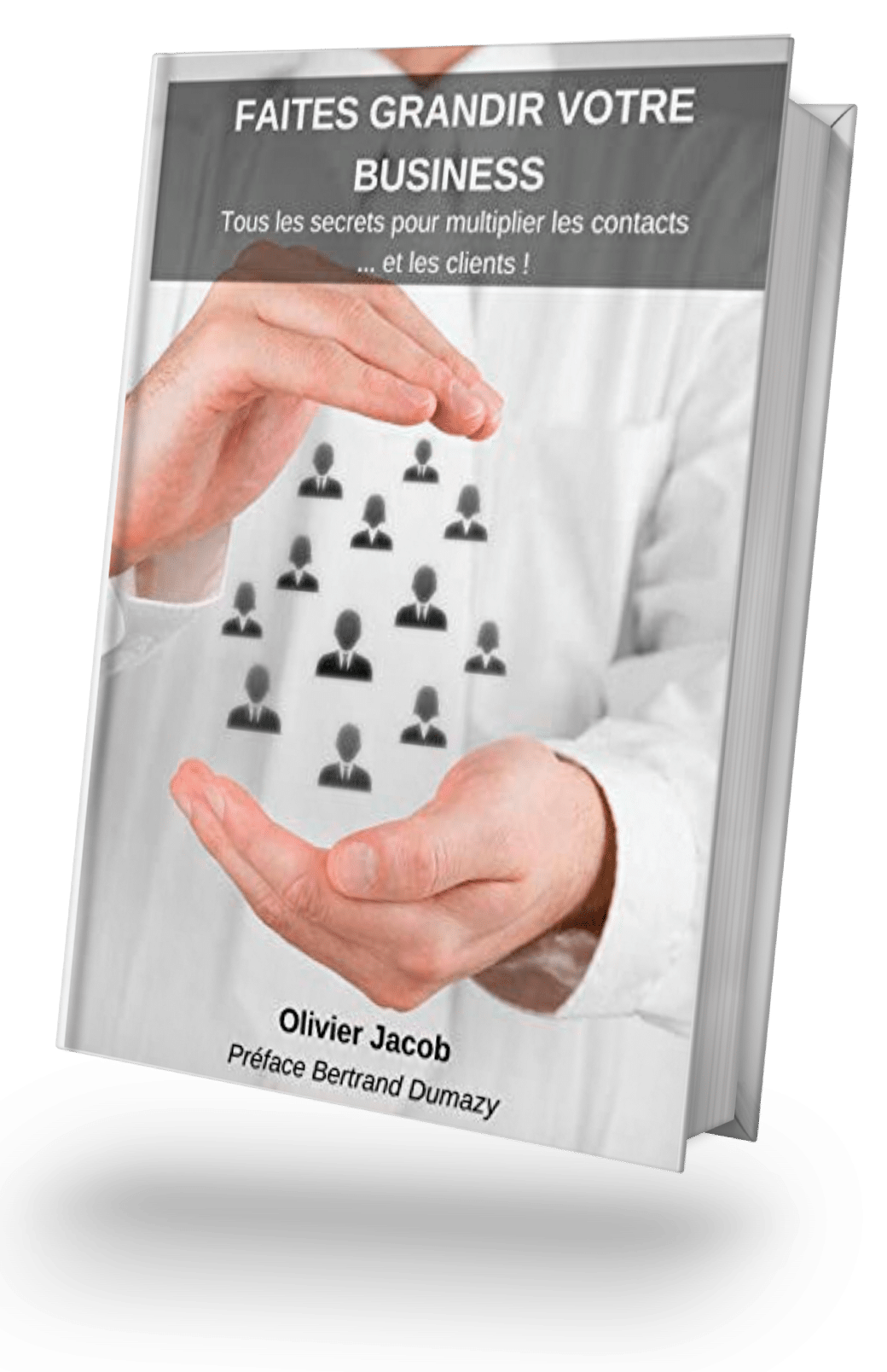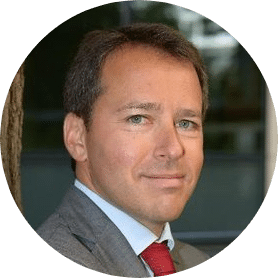By Andrew Sobel and Olivier Jacob
Do you ever go into an important client meeting and feel compelled to say exactly the right thing? If the meeting is with a prospect, you may also be convinced that the more convincingly you describe your expertise and answer their questions, the more impressed they will be.
In fact, what we ask is often more important than what we say. The CEO of a $12 billion company summed it up well when he told me, "When someone walks into my office and tries to market to me or sell something, I can always tell how experienced they are by the quality of the questions they ask ." I've heard the same message from hundreds of executives: the people who really impress them are the ones who ask the most challenging questions.
It has been said that there is no "silver bullet" in business, no single magical technique that will dramatically accelerate your success. That may be true, but the ability to ask good questions comes close.
A good, relevant question helps you discover a prospect's most pressing needs. It cuts through the noise and gets to the heart of the matter. It reveals higher-level goals and aspirations. It helps reframe the problem and paves the way for your solution. It creates enthusiasm and interest. And it shows, in the most compelling way possible, that you are thoughtful and intelligent. In short, the right questions are a key tool for creating lifelong customers. They will make you much more effective with clients, whether it's the first meeting or the 100th.
Let's take a closer look at how you can improve your ability to use thoughtful questions in the very first stage of customer development, when you are trying to convince a prospect.
There are many types of questions you can use in the sales process. I like to focus on two questions in particular: questions that build credibility and questions that reveal the customer's agenda.
Build your own credibility
When you first meet a potential client, you need to establish your credibility and understand their goals and underlying needs. Our natural tendency is to do this by telling and describing our company, our services and the uniqueness of what we do. We try to make them believe how great we are. But these efforts fail. Over "telling" ourselves comes across as boastful and commercial. Also, when we ask questions, they are often overused clichés like "What keeps you up at night?" or direct questions like "What are your top three priorities?" More often than not, these questions, for various reasons, annoy people.
The best way to build confidence in your skills is to ask credibility questions. These are questions that implicitly demonstrate your experience while encouraging the customer to talk about their problems. This is what the CEO was talking about.
This requires good initial research and planning to develop solid questions that build credibility. Your questions will vary depending on your client and industry, but they should look something like this:
- "When I look at my other customers in the industry, they are all trying to convert fixed costs into variable costs. Some are focusing on a technology solution, others are streamlining their business processes, and a few are integrating both approaches. How would you characterize your own efforts?"
- "How are you responding to new reporting requirements [i.e., a trend or new regulation]? Several of my larger clients have taken a wait-and-see attitude, but others are already conducting in-depth assessments..."
- "Your CEO's speech at last month's industry conference certainly highlighted your international growth aspirations...how will this affect your talent acquisition and development efforts?"
In short, a credibility-building question explores the client's issues while implicitly demonstrating your knowledge, experience, and preparation for the meeting. The basic formula is to state an observation or point of view ("We find that...") and then hand it back to the client ("How do you respond to that? How do you approach this?").
Understand the client's true agenda
A second key objective with a prospect is to understand their issues. I like to call this their agenda. Each executive has an agenda of three to five critical business goals, needs or priorities. They also have an agenda of personal priorities. Your job is to explore, understand and add value to that agenda. I once asked one of my own clients, who was the most successful rainmaker in his company and what his secret was. "Andrew," he told me, "in my shirt pocket I have a folded piece of paper. On it are the names of all my key customers. Next to each name, I have written that executive's most important goals. My job in life is to help them achieve those goals. "
Remember, when you can connect with and support a higher-level goal, you are getting closer to a trusted advisor. When you focus solely on tactical needs, you risk becoming simply an expert for hire, a tradable commodity.
Depending on your knowledge of the client and your boldness, you can ask many types of agenda questions. One of the most direct is, "How will you be evaluated at the end of the year by your management? What measures will be used?" The answer to this question will reveal your client's agenda very quickly. It will clarify what they are most focused on.
A second type of agenda revealing question focuses on the why. Clients often specify a particular service or intervention: "We need a training program" or "We need coaching." When they do, you need to ask "Why?" - "Why do you want to do this?" or, "Why did you decide this?" If you ask that, even four or five times, you will connect to the underlying need or goal. By expanding the conversation, you will expand the potential engagement.
Here are some additional, illustrative agenda-setting questions that you can adapt and use for your own clients. You may not ask them immediately in an initial meeting, but you could ask them over the course of several meetings as you deepen the conversation about their business and why they are talking to you:
- "I know about your new three-point business strategy...I wonder how this will impact your department's priorities?"
- "What are the priorities you will personally focus your time on this year?"
- "Where will your future growth come from?"
- "How will you decide whether or not to... (make an important decision)"
- "What organizational or operational capabilities do you need to strengthen to support your future strategy?"
- "You've cut costs significantly. Where do you think future performance improvements will come from?"
- "If you had additional resources, what opportunities or areas would you invest them in?"
- "In order to achieve your aspirations, is there anything you need to stop doing or slow down little by little?"
- "Who or what might be a disruptor in your business?"
- "When you think about the future of your business, what are you most excited about? What are you most concerned about?"
Remember, one of the key ways to add value in an initial meeting is to provoke thought and help your prospect think differently about their issues. The right questions are a great way to do this.
About the authors
Andrew Sobel is the leading authority on the strategies and skills needed to develop clients for life. He is the world's most published author on the subject, having written eight best-selling books on customer relationships, including the international bestsellers Customers for Life and Power Matters. More than 100 leading firms, such as PwC, Citibank, UBS, Booz Allen Hamilton, Cognizant, Deloitte and many others have used his book Clients for Life to develop trusted advisor skills and increase their clients' revenues.
Olivier Jacob has decades of expertise as a coach, trainer, and conference facilitator on the topics of management and sales. Author of the book "Make your business grow" and passionate about personal effectiveness, strategy, sales, commitment and new technologies, he created Inéa Conseil in 2008 to help companies sell more and better, and managers better mobilize their employees.



